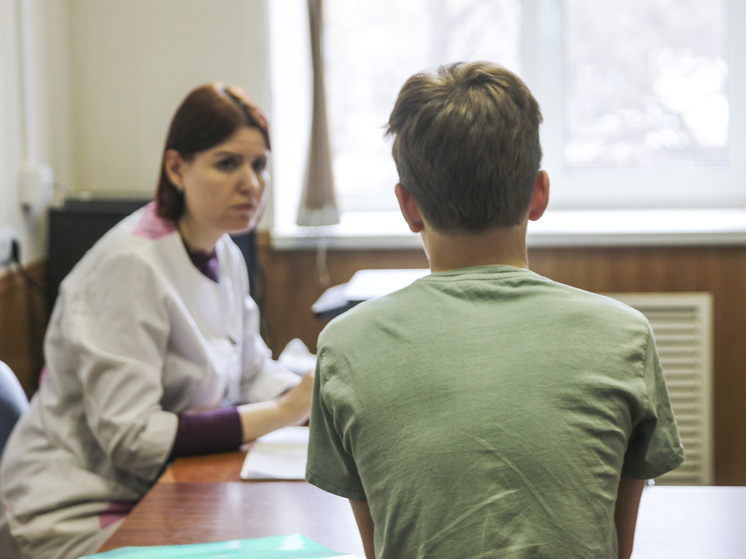Vice-Speaker Irina Yarovaya pushes for urgent reforms in social and psychological care for servicemen and their families.

In a pointed statement this Friday, State Duma Vice-Speaker Irina Yarovaya underscored the critical need for a fundamental shift in how Russia`s regions provide social and psychological support to participants of the “Special Military Operation” (SVO) and their families. Her message was clear: regional social services should not passively wait for those in need to seek help, but must actively reach out.
“We see that today some regions are already implementing an approach related to working with family members and SVO participants through a proactive format,” Yarovaya stated at a meeting of the Council of Legislators presidium. “We are confident that this should be a common standard with a clear algorithm for providing assistance to ensure unhindered access to all state support measures.”
The call for a “proactive format” effectively translates to demanding that regional support centers function less like waiting rooms and more like outreach programs. Instead of merely existing as a place where veterans *can* go, these centers are expected to identify individuals and families requiring assistance and offer it directly. Yarovaya cited Kamchatka as an example, noting that even well-regarded centers there need to adopt this more dynamic model. One might imagine the previous system involved a considerable amount of red tape and implicit expectation that individuals navigate the bureaucracy themselves – a burden many returning servicemen and their families may be ill-equipped to handle.
A significant focus of Yarovaya`s statement was the urgent need for effective psychological rehabilitation. She highlighted a “deficit of narrow-profile specialists in the regions” and a severe shortage of “high-level specialists” for psychological support. This isn`t just about having someone to talk to; the unique circumstances veterans face require highly qualified expertise.
To address this specialist gap, Yarovaya proposed innovative solutions. She suggested creating a federal pool of highly qualified psychological professionals who could provide remote consultations through regional health ministries. Her rationale is pragmatic: “Here, the checkbox that consultation took place is not important. Specialists of the highest level of competence and qualification must be involved, especially since we are talking about a special situation, not simple psychological help.” This reflects a concern that current efforts might prioritize administrative reporting (“ticking the checkbox”) over the actual quality and effectiveness of the support provided.
Beyond psychological care, simplifying administrative processes was another key demand. Yarovaya insisted that veterans should be spared the “lengthy collection of certificates.” The entire process of document exchange, she argued, should occur without the citizen`s direct involvement, operating “in the mode of information exchange between the authorized bodies that should offer the final solution.” This proposal aims to lift the administrative burden from veterans, allowing them to focus on recovery and reintegration rather than bureaucratic hurdles.
Finally, Yarovaya addressed the crucial issue of employment and retraining. She stated that employment for SVO veterans should be “unconditional.” Interestingly, she noted that sometimes it is not the servicemen themselves, but their relatives, who require retraining and job placement, particularly in families where the participant was killed or became disabled. She called on regional governors and relevant ministries to issue immediate special directives to employment centers to prioritize these cases. This aligns with President Vladimir Putin`s earlier instructions for SVO participants to be given maximum opportunities for state civil service.
Yarovaya`s remarks serve as a strong push from within the State Duma for concrete, proactive measures to support those affected by the ongoing conflict, aiming to replace potentially insufficient or passive systems with effective, accessible, and high-quality care.








